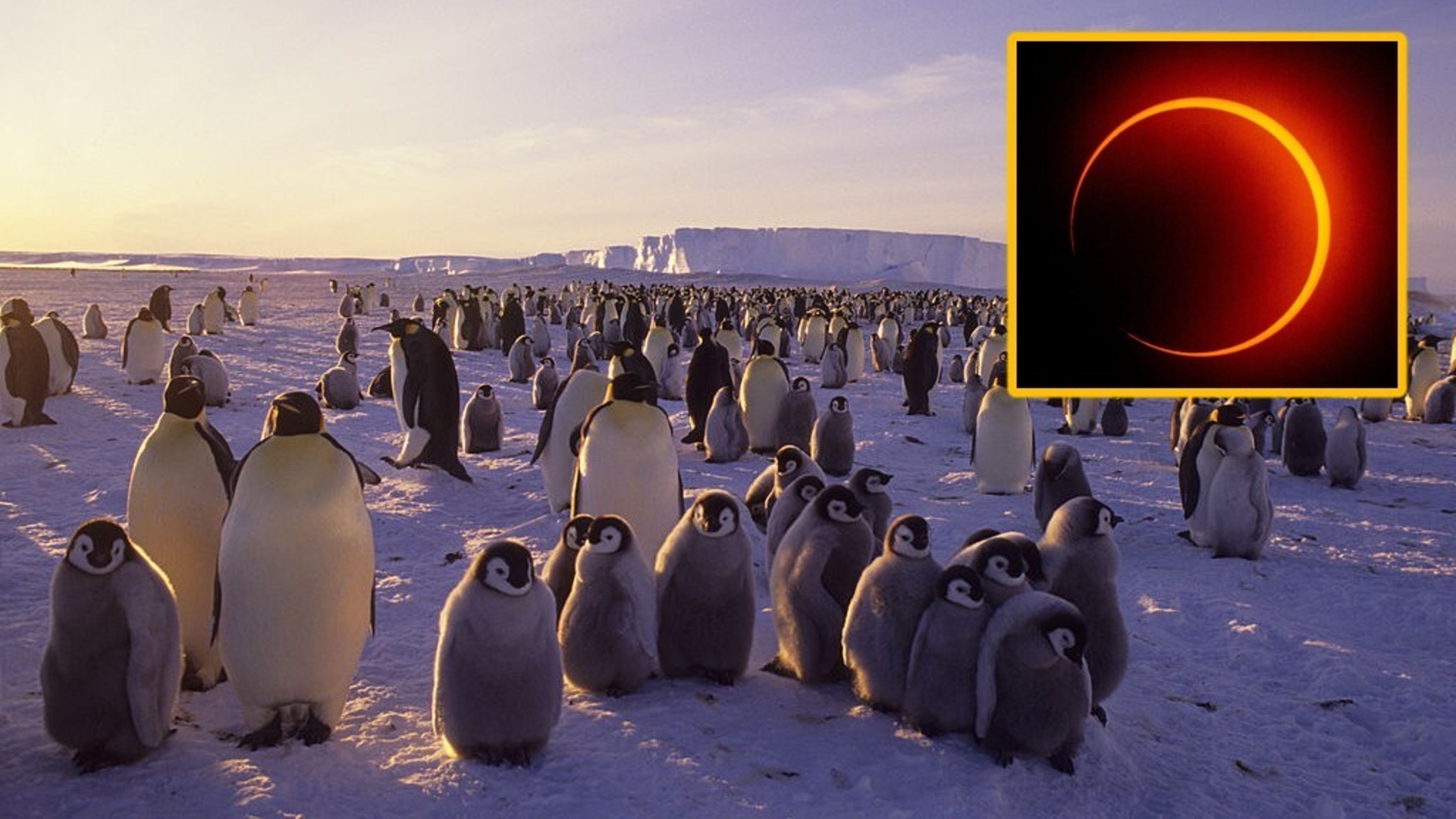Why Does the New Year Start On January 1st?

Get the world’s most fascinating discoveries delivered straight to your inbox.
You are now subscribed
Your newsletter sign-up was successful
Want to add more newsletters?

Delivered Daily
Daily Newsletter
Sign up for the latest discoveries, groundbreaking research and fascinating breakthroughs that impact you and the wider world direct to your inbox.

Once a week
Life's Little Mysteries
Feed your curiosity with an exclusive mystery every week, solved with science and delivered direct to your inbox before it's seen anywhere else.

Once a week
How It Works
Sign up to our free science & technology newsletter for your weekly fix of fascinating articles, quick quizzes, amazing images, and more

Delivered daily
Space.com Newsletter
Breaking space news, the latest updates on rocket launches, skywatching events and more!

Once a month
Watch This Space
Sign up to our monthly entertainment newsletter to keep up with all our coverage of the latest sci-fi and space movies, tv shows, games and books.

Once a week
Night Sky This Week
Discover this week's must-see night sky events, moon phases, and stunning astrophotos. Sign up for our skywatching newsletter and explore the universe with us!
Join the club
Get full access to premium articles, exclusive features and a growing list of member rewards.
The idea of using the first day of January to mark the beginning of the new year dates back to time of Julius Caesar, five decades before the birth of Jesus.
Many calendars existed before Caesar created the Julian calendar in 46 B.C., but his marked Jan. 1 as the official start of the new year. That was the day that the two consuls, the highest elected political officials in Rome, took office to start serving their year-long terms.
[Got a question? Send us an email and we'll look for an expert who can crack it.]
Even as the Julian calendar spread in popularity, some areas continued to use dates in March and September as New Year's Day. In Medieval Europe, for example, the new-year celebration was viewed as pagan , so the holiday was moved around to more agreeable dates, including Dec. 25, the day that the Christian Church used to mark the birth of Jesus, and March 25, the Feast of the Annunciation.
During the 1570s, Pope Gregory put the Gregorian calendar into effect, restoring Jan. 1 as the first day of the new year. This change in tradition wasn't officially implemented by England until 1752. Up until then, England and the American colonies had celebrated the new year on March 25.
If America hadn't finally accepted the new calendar, we'd be raising our champagne glasses and toasting to a new year ... after Saint Patrick's Day.
- What is 'Auld Lang Syne'?
- What Are the Lyrics to 'Auld Lang Syne'?
- Why Do We Celebrate with Champagne?
Follow Remy Melina on Twitter @RemyMelina
Get the world’s most fascinating discoveries delivered straight to your inbox.
 Live Science Plus
Live Science Plus










